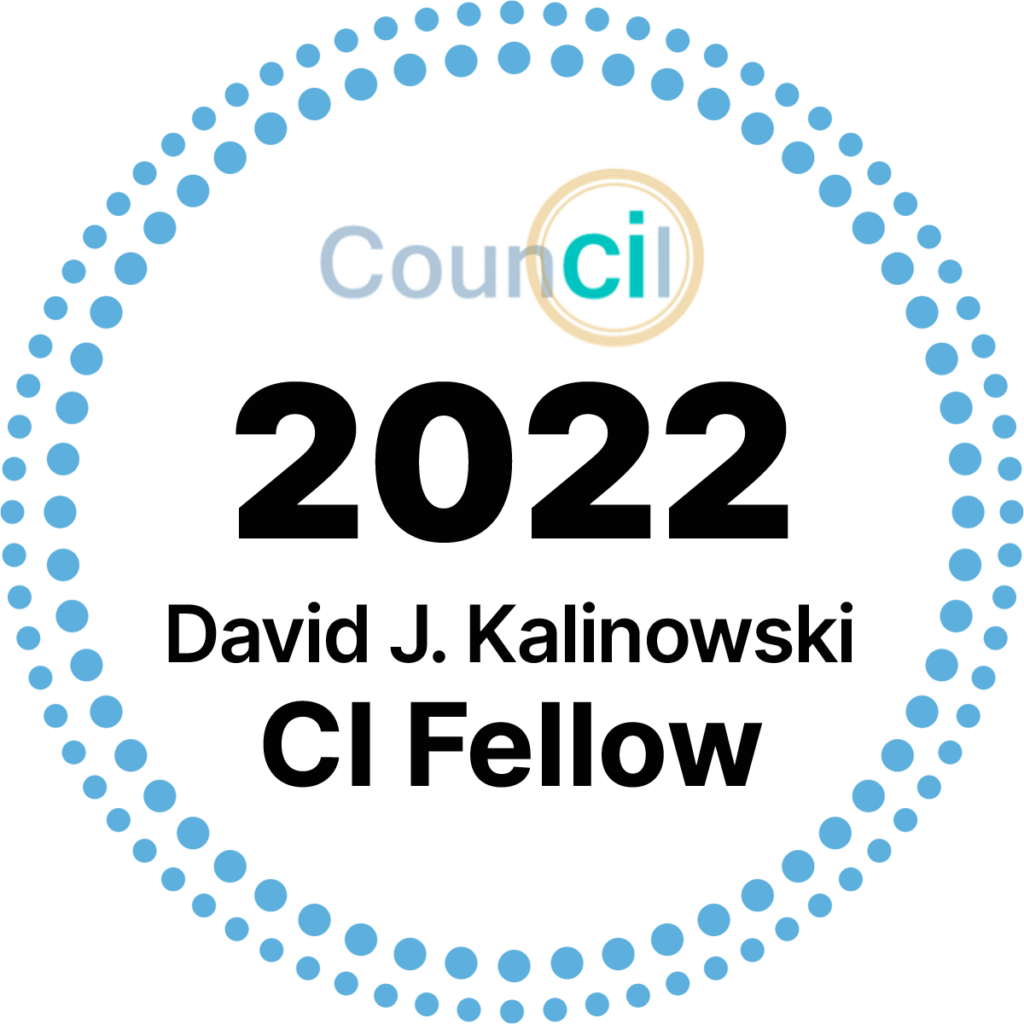Published: July 19, 2016
Every traditional retail store has felt the pain of online competition. But the truth is, things are going to change even more drastically for consumer product goods as Amazon enters into the Private Label sphere, launching its own product lines such as Happy Belly (food products), Wickedly Prime (snack foods) and Mama Bear (baby products).
What’s happening?
Amazon’s strategy to offer private label products is a power play. It means undercutting major brands and increasing profit margins. Recent history proves it will do just that. Private label reached $118B in 2015, up roughly $2.2B from 2014, indicating consumers continue to view private labels as good or better quality products compared to named brand products.
Additionally, Amazon’s entry into private label brands will accelerate the departure from traditional retail channels (stores). Large consumer product goods companies are the ones that need to worry most immediately. Amazon’s offering of necessary household goods with private labels will quickly shift consumer behavior to purchasing more products online and test loyalty from consumers of brand name products currently offered on the site to Amazon’s own private label product.
The Importance of Millennials
It’s no surprise that Amazon’s decision to enter this market is a reflection on consumer behavior, and more importantly the consumer themselves. Millennials are taking control of household purchase decisions and are statistically much more likely to purchase goods online. Millennials are loyal to Amazon and its endless offering of products, and most likely this loyalty will roll over to Amazon’s private labels. They’re also starting to have babies, making Amazon’s entry into the baby industry a very strategic move.
But it’s not just baby food, diapers and snacks. In the near future, entire households will be brought up with Amazon as the go-to source for almost any product.
Amazon knows where you live (and much more)
Amazon is also a consumer data powerhouse – it knows exactly what people are buying, browsing and returning, and can apply that information to their own private labels. It will develop and offer products they know consumers will buy. With that level of intelligence, we can anticipate continuing innovation and products designed to stay ahead of the curve, while traditional consumer product good companies rush to keep up.
What’s next?
Whether you’re ready for this shift or not, it’s happening. Rather than waiting to catch up, develop your response plan and position your brand better for the future.
Proactive’s primary source research and consulting services uncover evidence and deliver a fact base that enables:
- Identifying and claiming market, product and service opportunities
- Mitigating market and competitive risks
- Creating and empowering your business growth and defense strategies
So, where does this shift leave you? How are companies going to develop a plan against Amazon? Or how are you going to work with it? These are the questions you need to think about and respond to now.














